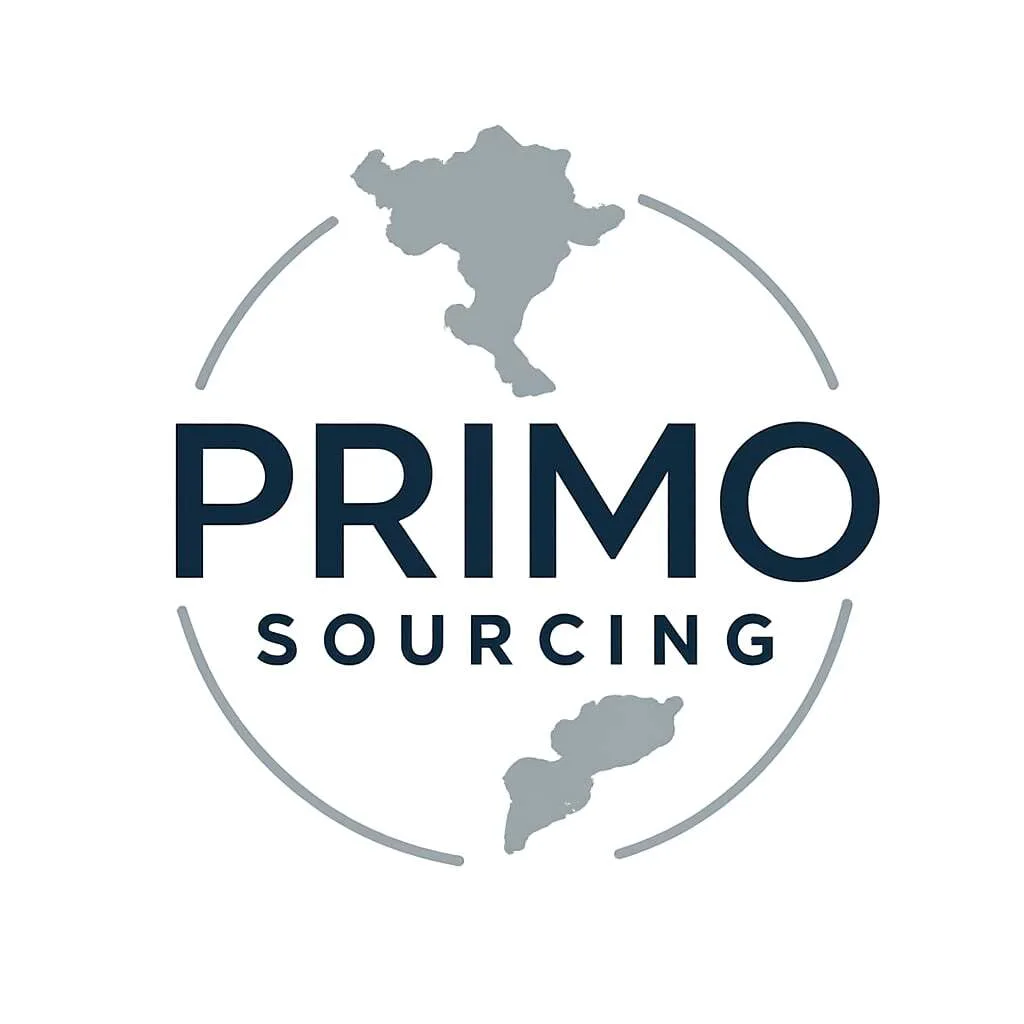Vietnam has become a manufacturing powerhouse, attracting global brands with its strategic location, skilled workforce, and competitive pricing. However, securing favorable terms and building a sustainable supply chain requires more than just a strong contract—it demands a deep understanding of Vietnamese business culture.
In Vietnam, negotiation is an extension of relationship-building. While Western business often prioritizes the transaction, Vietnamese partners prioritize trust.
PRIMO Sourcing has spent over a decade navigating this unique landscape. This guide provides the cultural intelligence and strategic steps necessary to successfully negotiate with Vietnamese suppliers and forge long-term partnerships.
1. The Foundation: Understanding Vietnamese Business Culture
Success in sourcing in Vietnam is built on respect (ton trọng) and harmony (hòa thuận). Ignoring these core values is the fastest way to derail a negotiation.
The Primacy of Relationships (Quan Hệ)
Unlike the purely transactional focus often found in Western markets, business in Vietnam is rooted in relationships. Time spent building rapport before discussing prices is not wasted; it is an essential investment.
- Trust First: Suppliers will extend better terms, flexibility, and priority to partners they know and trust. Your first few orders are often viewed as an investment in a future relationship, not just a one-off profit opportunity.
- Social Investment: Expect initial meetings to include small talk about family, local culture, and personal interests. Participate genuinely—these moments are critical for establishing mutual respect.
The Art of Indirect Communication and Saving Face
Vietnamese suppliers place immense value on preserving “face” (thể diện)—both yours and theirs. This leads to an indirect communication style designed to maintain harmony and avoid confrontation.
| Communication Style | What It Means | PRIMO Strategy |
| “That will be difficult.” | A diplomatic, subtle way of saying “No.” | Reframe the request, offering alternatives or compromises instead of pushing. |
| Silence after a proposal. | The supplier is consulting with senior decision-makers or processing the request internally. | Be patient. Never press for an immediate answer, as this violates hierarchy and damages face. |
| Focus on “improvement” (vs. “defect”). | When discussing quality issues, language is softened to avoid blaming the factory. | Frame issues as collaborative opportunities (“How can we standardize this process?”) |
Navigating Hierarchical Decision-Making
Vietnamese companies typically operate with clear, hierarchical decision-making structures. The representative you negotiate with may not have the final authority.
- Negotiation Cycles: Be prepared for longer negotiation cycles. Final pricing, favorable terms, and major contract clauses often require approval from company owners or directors.
- Set Realistic Timelines: Pushing for immediate commitments from mid-level managers will only cause internal stress and likely result in unfulfilled promises. Always bake buffer time into your project schedules.
2. Negotiation Tactics for Favorable Terms
Your approach to pricing and contract terms should demonstrate a commitment to a mutual, long-term partnership.
Pricing and Value Negotiation
Avoid treating price as the only variable. In Vietnam, a lower price often means a compromise on quality, materials, or priority status.
- Focus on TCO (Total Cost of Ownership): Negotiate on terms like payment structure, quality control inclusion, packaging upgrades, and order consistency, not just the unit price.
- Anchor High on Commitment: Offer a larger annual forecast or a longer contract duration in exchange for a better unit price. Suppliers value reliable, consistent volume over a single, large order.
- Justify Price Reductions: When asking for a price decrease, frame it around cost savings you can provide (e.g., using a standardized color palette, simplifying packaging) rather than simply demanding a lower number.
The Flexibility Advantage
Vietnamese suppliers value flexibility and pragmatic problem-solving. Use this to your advantage in creating “win-win” scenarios.
| What NOT to Do | What TO Do |
| Issue Ultimatums: “If you can’t hit this price, we walk.” | Propose Solutions: “We can meet you halfway on price if you accept a 15% increase in lead time.” |
| Criticize Publicly: Point out flaws or mistakes in a group setting. | Provide Feedback Privately: Address quality issues gently, focusing on collaborative solutions and shared standards. |
| Demand Immediate Answers: Press for a signature during the first meeting. | Respect the Process: Allow time for internal discussions and senior approval (the negotiation cycles). |
3. The PRIMO Advantage: Bridging the Cultural Divide
Even with the best intentions, language barriers and differing cultural expectations can derail crucial negotiations. PRIMO Sourcing acts as your essential cultural and logistical mediator.
Bridging Language Barriers and Technical Gaps
We ensure that technical requirements and contract terms are perfectly understood, preventing costly production errors that result from ambiguous communication.
- Bilingual Expertise: Our local team provides professional translation for technical specifications, contracts, and quality documents, ensuring legal and technical clarity.
- Structured Communication: We craft all communication to maintain the necessary diplomatic and respectful tone, preventing accidental offense that could sour the relationship.
Aligning Expectations for Quality and Timelines
We proactively mediate to align different cultural perceptions of what constitutes acceptable “quality” or a “reasonable” delivery timeline.
- Precision Specs: We translate your requirements into detailed Product Requirement Briefs (PRBs) that leave no room for interpretation by the factory floor.
- Cultural Mediation: We help suppliers understand Western expectations for rigid delivery schedules and provide buyers with realistic timelines that account for local customs (like the Tet holiday).
Elevate Your Negotiation: Partner with PRIMO Sourcing
Successful negotiation with Vietnamese suppliers requires patience, respect, and deep cultural intelligence. By investing in relationships and understanding the local dynamic, international buyers can achieve favorable terms and establish long-term partnerships.
PRIMO Sourcing provides the essential bridge, leveraging our decade of local experience and established relationships to secure the best outcomes for your business.
Ready to transform your negotiations into lasting partnerships?Contact PRIMO Sourcing Today at Kelly@primovn.com to discuss your sourcing strategy in Vietnam.

